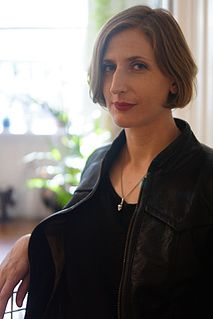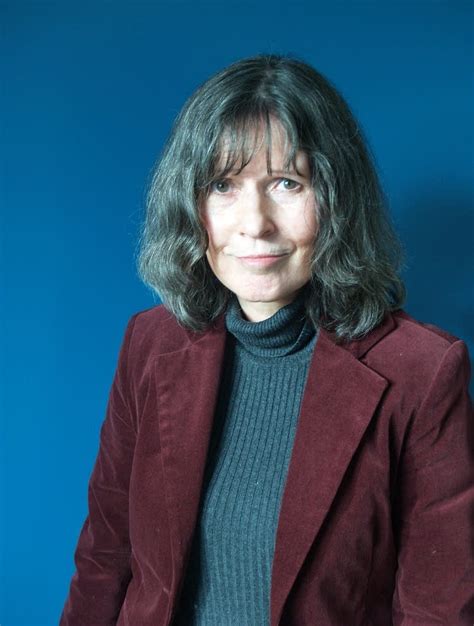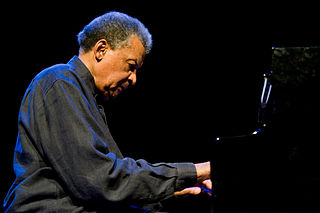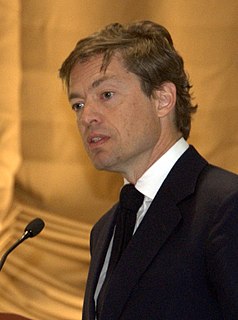A Quote by Jessa Crispin
I think American literature is in a tedious place, horrible place. I can't even engage with it.
Quote Topics
Related Quotes
In the pre-capitalist world, everyone had a place. It might not have been a very nice place, even maybe a horrible place, but at least they had some place in the spectrum of the society and they had some kind of a right to live in the place. Now that's inconsistent with capitalism, which denies the right to live. You have only the right to remain on the labour market.
In my view, madness is a place. You go. You come back. And I think we all take turns being the mental patient. Without a touch of crazy, literature can be a desolate place. In the current climate of careful speech, even fearful speech, smoke-free film scripts, thought-free songs, and child-proof locks on American minds, the oft-repeated lament of the arts is "Where have all those wonderful madmen gone?"
I went to a place recently I think is one of the most f**ked up places I've ever been to. I'm convinced this place is the epitome of American excess, of American greed. I'm talking about a place called Cold Stone Creamery. Whoa. If you have not been there, the basic gist of Cold Stone is that they take ice cream and then they just go ape sh*t with it.
Cuba was fantastic, at least just in terms of... Not to romanticize or glorify it, but just seeing a place that had not really been touched by the hand of American capitalism. Because it's a genuinely different place. A lot of times when you travel, things start to feel the same from place to place to place, because the same people own everything all around the world.
A book is actually a place, a place where we, as adults, still have the chance to engage in active imagining, translating word to image, connecting these images to memories, dreams, and larger ideas. Television, film, even the stage play, have already been imagined for us, but the book, in whatever form we choose to interact with it, forces us to complete it.
I think New York is working its way into my poems. It takes a while for a place to filter its way onto the page, but I've been reading more and more American poetry and I certainly feel it as quite a freeing force. Coming from the formally ordered tradition of poetry in Ireland, I find the expansiveness of American literature freeing in some sense.
Jewish villages were built in the place of Arab villages. You do not even know the names of these Arab villages, and I do not blame you, because these geography books no longer exist; not only do the books not exist, the Arab villages are not there either. Nahalal arose in the place of Mahalul, Gevat - in the place of Jibta, Sarid - in the place of Haneifs and Kefar Yehoshua - in the place of Tell Shaman. There is no one place built in this country that did not have a former Arab population.
































